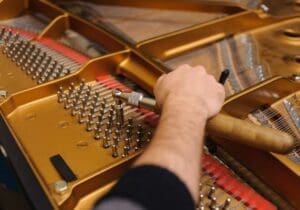
A standard violin has four strings. A typical guitar, six. The average piano, however, dwarfs these figures with a whopping 230!
Each string plays an important role in defining the sound of your instrument – so taking proper care of them is essential. But with a professional piano tuning service costing upwards of £60, you might be questioning if you can have a go yourself?
Technically speaking, yes you could. Whether it’s a good idea, though, is a different matter altogether.
Piano tuning is notoriously difficult. To do it properly you need specialist tools, skills, and plenty of patience! Even then, it’s unlikely you’ll achieve the precision of a fully trained piano tuner.
Wondering what else you need to be aware of? Here the team at Richard Lawson Pianos reveal everything to expect if you want to enjoy pitch perfection.
Tune in
To maintain quality sound, you’ll need to:
· Get your piano tuned regularly
Tuning a piano is an easier (and faster!) process if it’s done regularly.
Go too long between tunes and it can not only take longer, but will cost more, too. Routine tuning also helps your piano to stay in good condition and prevents damaging strings.
For the average player, it’s recommended to have your piano tuned every 6-9 months – whether it sounds like it needs it or not. The tuner will also check over the piano more generally, and highlight anything that needs attention.
· Book a tune if you move
Whether it’s shuffling your piano to a different room or a different postcode, any movement can unsettle the strings. Which is why it’s recommended to book a re-tune after a move.
Just remember to allow a couple of weeks for everything to settle first. This gives your piano time to climatise to its new environment.
· Allow time for a full tuning
If you’re used to the tuning time of other stringed instruments, you need to be prepared for a piano tune to take longer. A LOT longer.
A basic tune will usually take about an hour. However, if it’s been a while since the last one, it’s likely to take longer.
· Use a professional
Why take chances with the instrument you love? Whilst self-tuning is an option, it’s rarely the best approach. Proper servicing requires tuning hammers, tuning forks, mutes, the list goes on – not equipment the average player has to hand.
So, if you’re going to optimise the sound quality of your piano, it’s far better to employ a professional.
· Expect your piano tuner to need access
Don’t be alarmed if it looks like your piano is being dismantled.
To carry out a thorough job, a piano tuner will require full access to the frame and strings. This will require key covers, and the front panel on upright models, to be removed. If you’ve not seen the inside of your piano before, it can look a little daunting – but don’t panic. A professional tuner knows exactly what they’re doing…and they will put your piano back together once they’re done!
· Get your piano tuned more frequently if you’re a pro
A professional player should expect to service their piano more regularly. Typically, once every 3-4 months rather than the standard 6-9 months.
Always book in a tune if you notice any changes or irregularities in sounds.

Tune out
When it comes to piano tuning, try to avoid:
· Doing it yourself
We’ve already touched on this. Whilst, yes, it is possible to tune a piano yourself, it’s unlikely you’ll be able to achieve the accuracy of a professional tuner. It’s also guaranteed to take you much longer.
Better to use the service of an expert and spend that time playing and enjoying your instrument instead.
· Dismissing old pianos
An old, unloved piano may need restoration and repair work, but it’s nearly always possible to re-tune and bring it back to life. So don’t be too quick to put a piano on the scrap heap.
· Thinking all pianos are the same
Tuning will vary from piano to piano.
You can expect tuning a grand piano to take longer, and cost more, than an upright.
Older pianos can – and do – sound every bit as enchanting as younger models, but they generally don’t hold their tune for quite as long, and will require more frequent servicing.
Judge the frequency of tuning by the age of your piano and how intensely it is played – and always pay attention to any changes in sound.
· Expecting it to be cheap
The average piano tune will cost around £60-£70. Not cheap. Equate this to the time and effort you would need to invest to do the job yourself, though, and it’s money well spent.
Worth knowing too, that routine tuning also helps your piano to hold its value.
Speak to the professionals
As experienced piano tuners in Hertfordshire, our name is well established across the county. Richard Lawson is the team to turn to for a friendly and professional service.
Whether you’re buying, moving, or looking to service and tune your instrument, we can help.
To find out more, please get in touch.


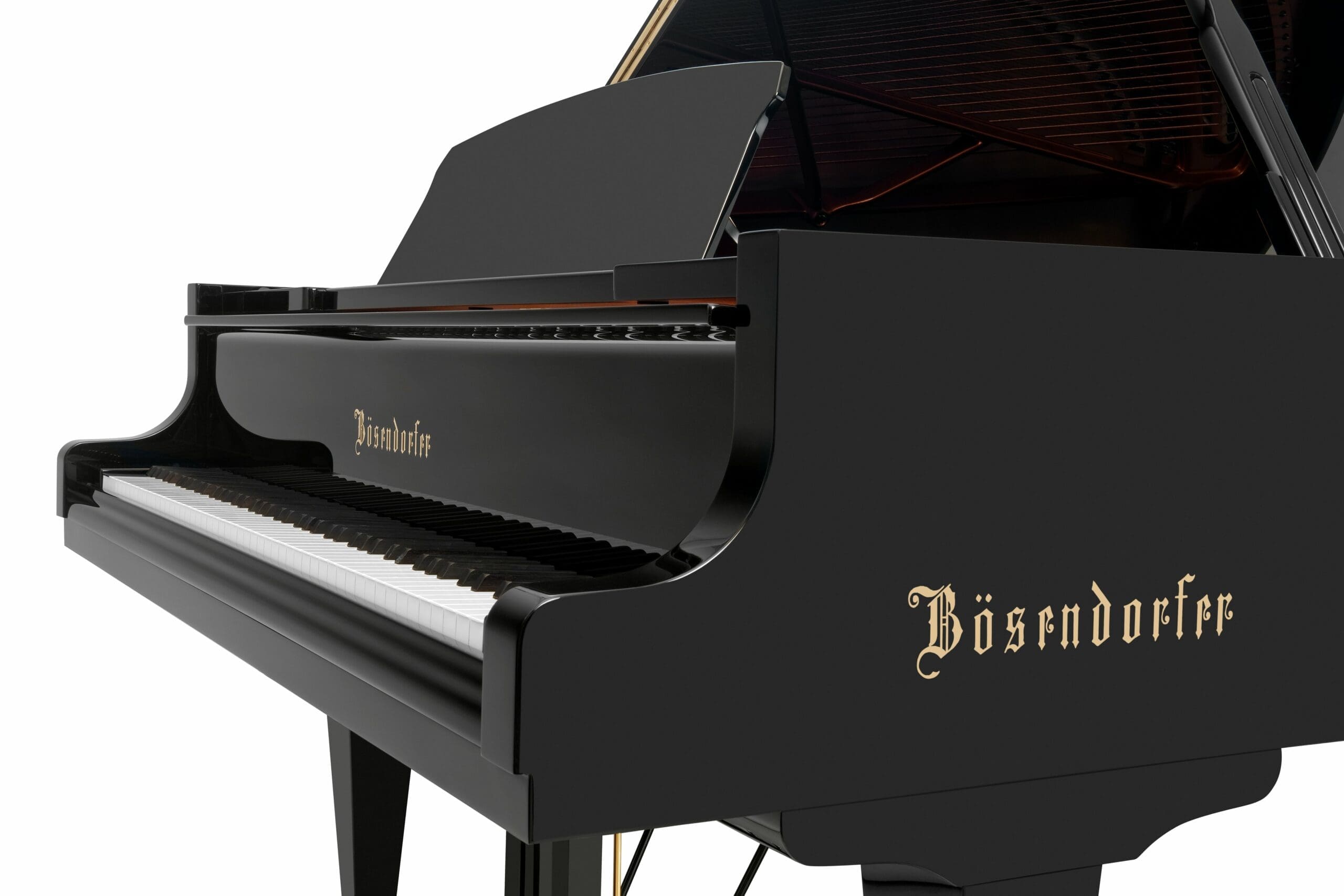
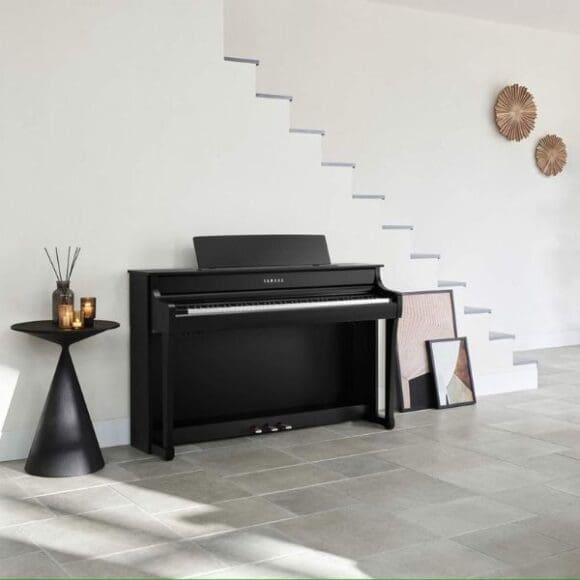
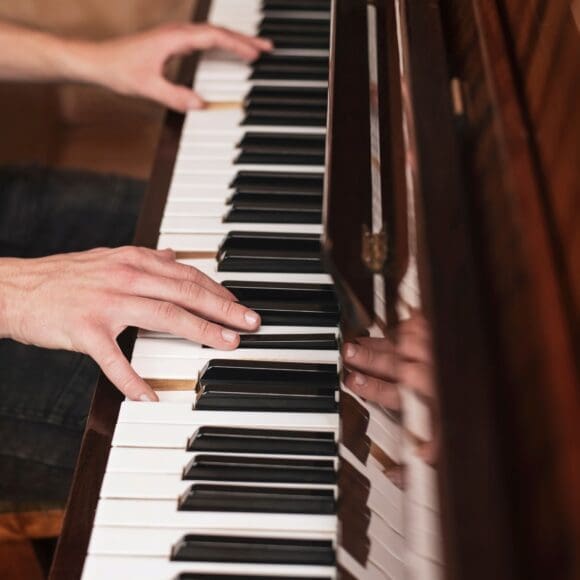
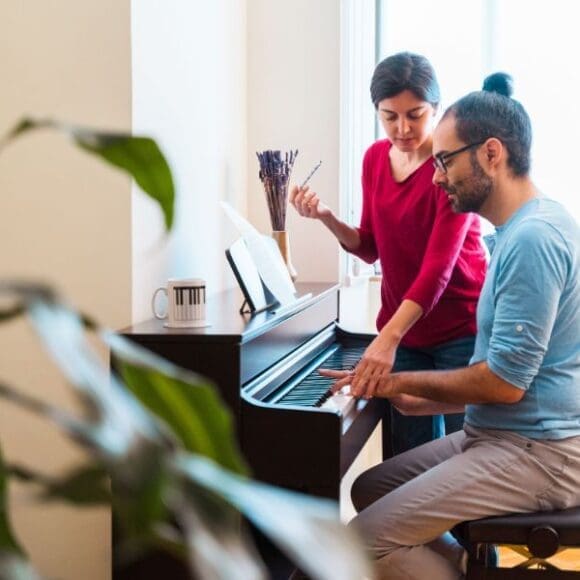









 Reviews
Reviews